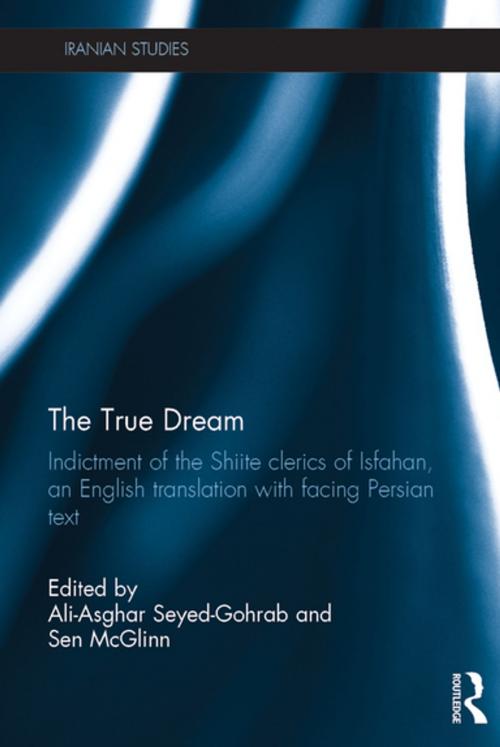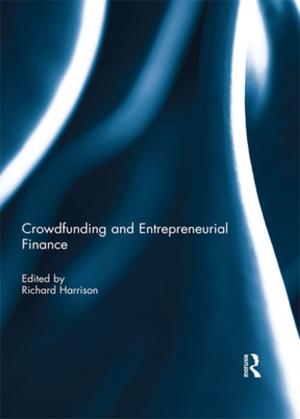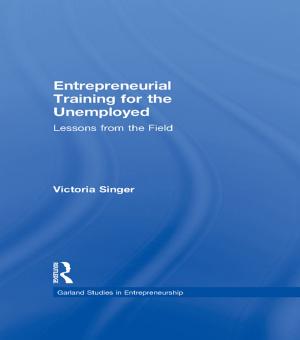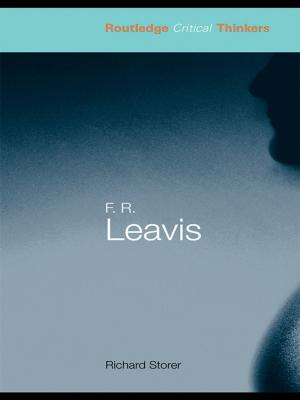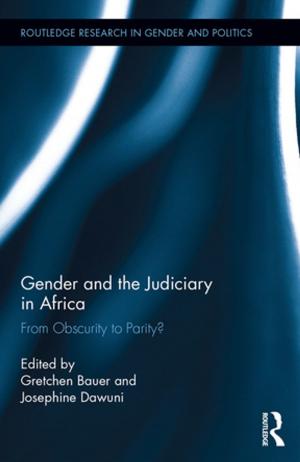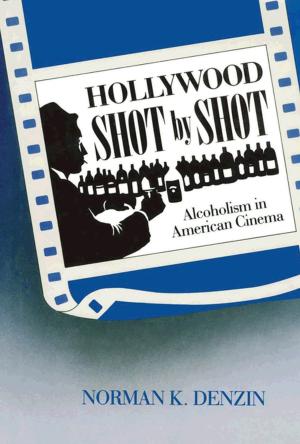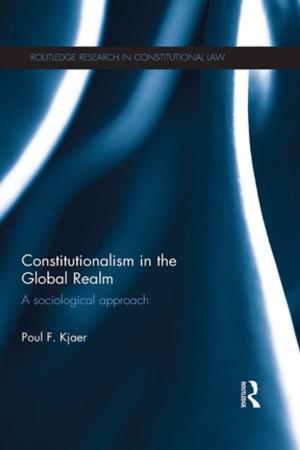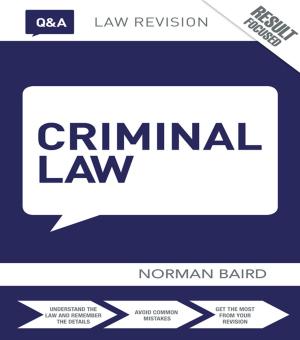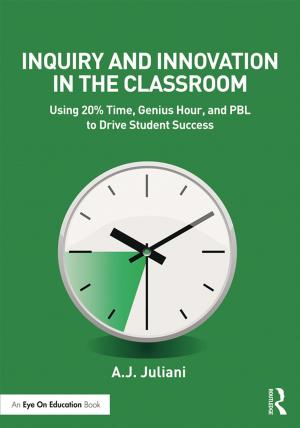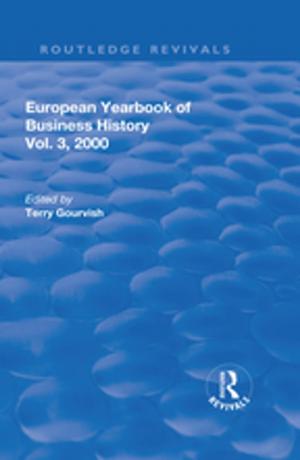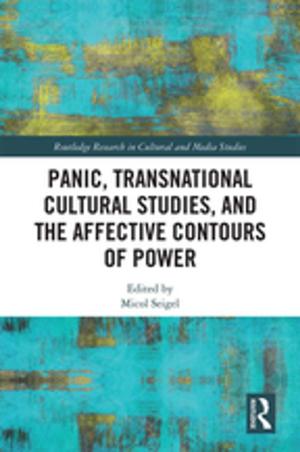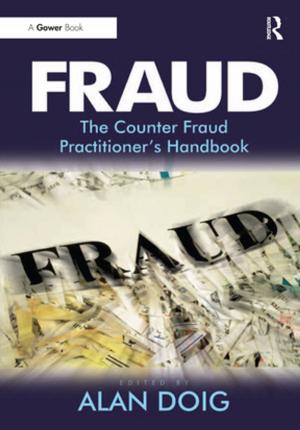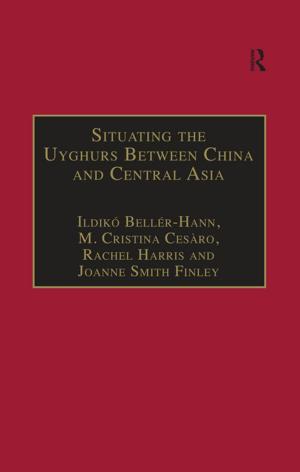The True Dream
Indictment of the Shiite clerics of Isfahan, an English translation with facing Persian text
Fiction & Literature, Literary Theory & Criticism, Asian, Middle Eastern, Nonfiction, Social & Cultural Studies, Political Science, International| Author: | ISBN: | 9781315403885 | |
| Publisher: | Taylor and Francis | Publication: | January 20, 2017 |
| Imprint: | Routledge | Language: | English |
| Author: | |
| ISBN: | 9781315403885 |
| Publisher: | Taylor and Francis |
| Publication: | January 20, 2017 |
| Imprint: | Routledge |
| Language: | English |
The True Dream is a Persian satirical drama set in Isfahan in the lead up to Iran’s Constitutional Revolution of 1905-11. Although its three authors hail from the clerical class, they criticize the arrogance, corruption and secularity of the Iranian ruling dynasty and clergy, taking Isfahan as their example. The work blends fact and fiction by summoning the prominent men of the city to account for themselves on the Day of Judgement. God speaks offstage, delivering withering judgements of their behaviour. The dream of the authors is a vision of an Iran governed by law, where justice prevails and the clergy are honestly religious.
This book has the Persian and English translation on facing pages. The introduction presents brief biographies of the authors – who wrote anonymously, but were all executed. One of the authors was the father of Mohammad-Ali Jamâlzâdeh, a pioneer of modern Persian fiction, and The True Dream was one of the first dramas, in European style, to be written in Persian. The book shows that today’s struggle for a modern society began more than a century ago, and then and now pivots on the role of the Islamic clerics (the ulama).
Using colloquial language, this first English translation of a significant and humorous Persian satirical drama will prove an accessible and valuable resource for students of Persian. By marking a significant point in the influence of Western political philosophy and Western drama on the Persian intellectual classes, this book will also appeal to students and scholars of Middle Eastern History and Political Science.
The True Dream is a Persian satirical drama set in Isfahan in the lead up to Iran’s Constitutional Revolution of 1905-11. Although its three authors hail from the clerical class, they criticize the arrogance, corruption and secularity of the Iranian ruling dynasty and clergy, taking Isfahan as their example. The work blends fact and fiction by summoning the prominent men of the city to account for themselves on the Day of Judgement. God speaks offstage, delivering withering judgements of their behaviour. The dream of the authors is a vision of an Iran governed by law, where justice prevails and the clergy are honestly religious.
This book has the Persian and English translation on facing pages. The introduction presents brief biographies of the authors – who wrote anonymously, but were all executed. One of the authors was the father of Mohammad-Ali Jamâlzâdeh, a pioneer of modern Persian fiction, and The True Dream was one of the first dramas, in European style, to be written in Persian. The book shows that today’s struggle for a modern society began more than a century ago, and then and now pivots on the role of the Islamic clerics (the ulama).
Using colloquial language, this first English translation of a significant and humorous Persian satirical drama will prove an accessible and valuable resource for students of Persian. By marking a significant point in the influence of Western political philosophy and Western drama on the Persian intellectual classes, this book will also appeal to students and scholars of Middle Eastern History and Political Science.
